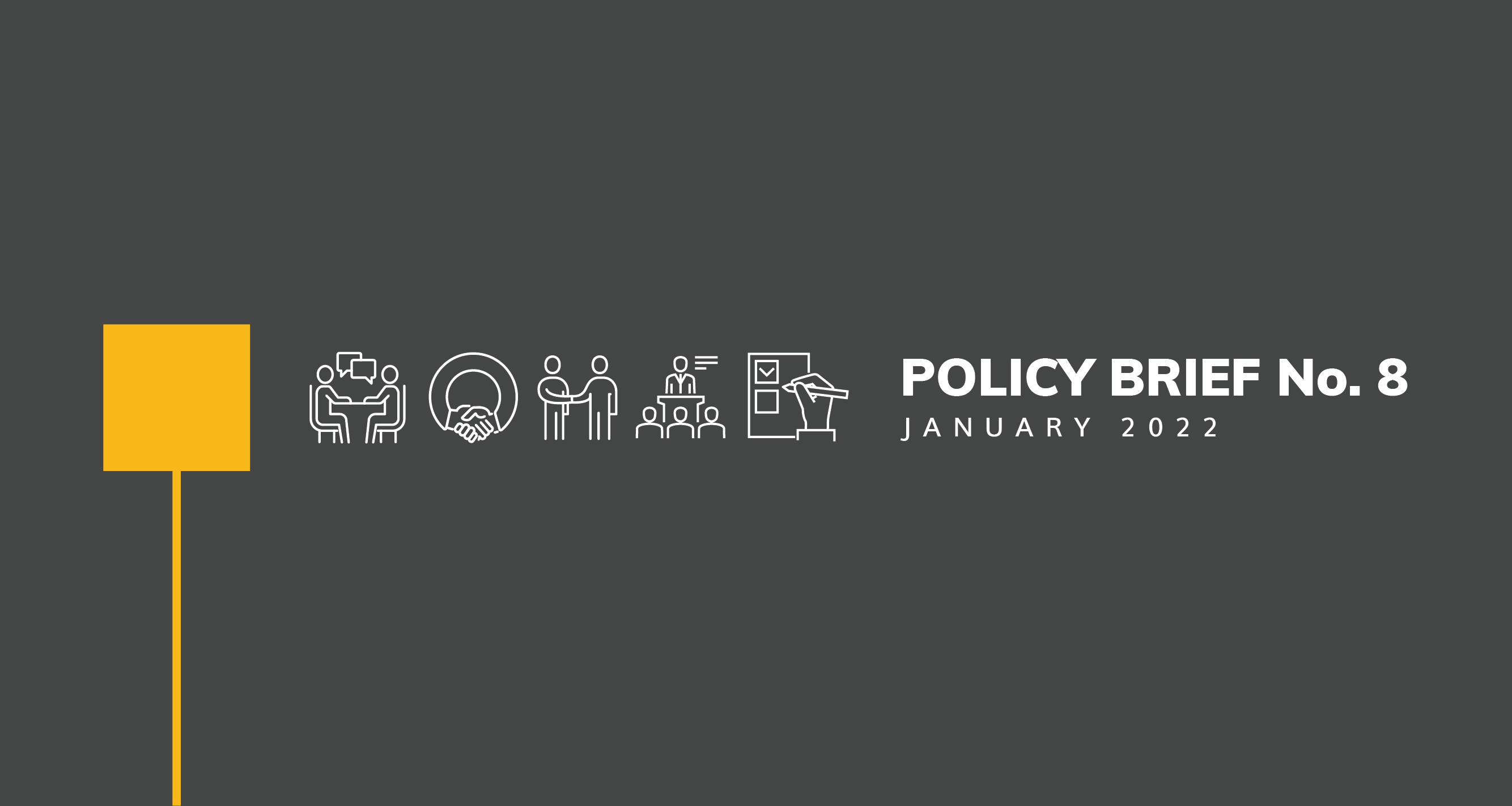Explore the ways in which regions play a positive role in the multilateral order by highlighting their potential as connectors…
Key messages:
- The current transition towards a regionalised world order is a response to the structural trends of a decentred international system, characterised by global non-hegemony, shifts in the distribution of power, complex interdependence, and deep pluralism with strong cultural and political differentiations.
- As a meso-layer in the multi-level system of global governance, regions can potentially deepen institutionalisation and enhance the effectiveness and capacity of global institutions through burden-sharing in governance across policy areas such as trade, security, and health and development.
- The impact of the COVID-19 crisis in an increasingly fragmented and polarised international order underscores the demand for joint solutions drawing on a regional-global nexus for global governance as well as a revitalised and inclusive multilateralism.
- Regions and regionalism have significant potential to add value to global multilateral forums, via functional problem-solving of transnational challenges, ‘nesting’, and performing key roles as norm transmitters, localisers, and entrepreneurs.
- There is scope for partnerships and coordination between the United Nations and regional actors to evolve beyond the framework outlined in Chapter VIII of the UN Charter, premised on an institutionalised and networked approach, and the need for flexible and ad hoc arrangements that are not limited to a one-size-fits-all approach.


